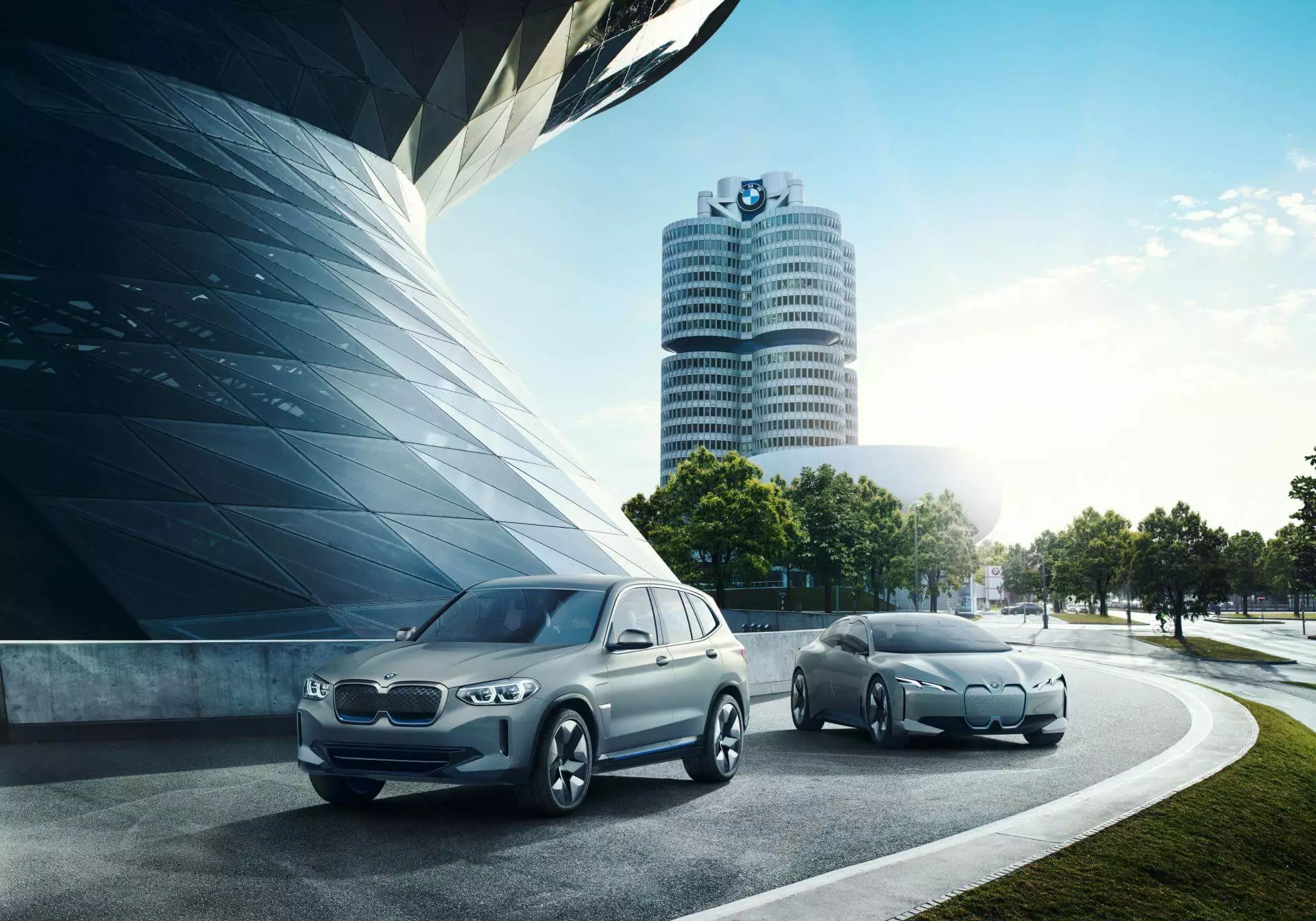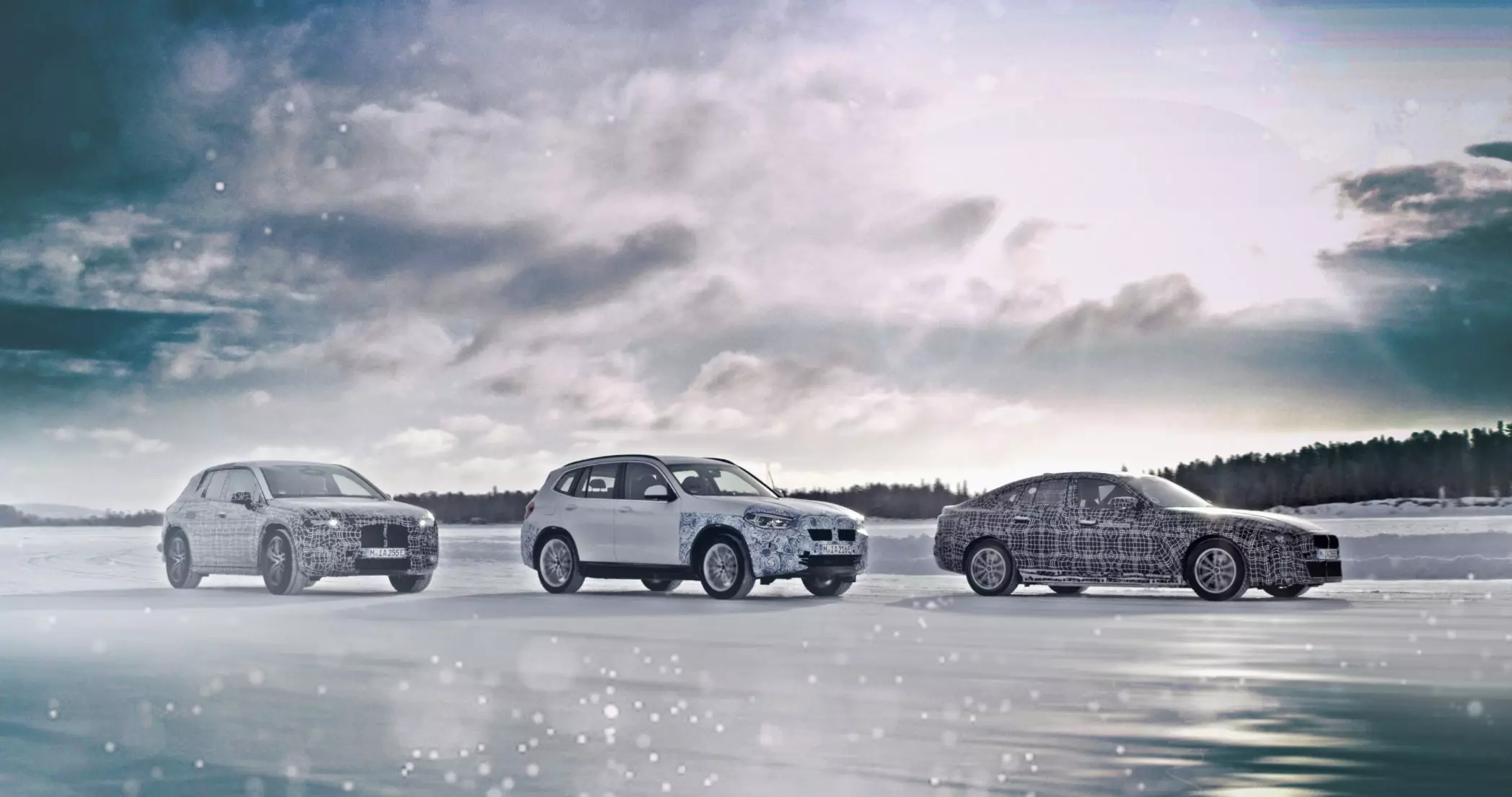After revealing the first numbers of the i4 a few weeks ago, BMW has now decided to make known the first numbers of its first electric SUV, the iX3.
Unveiled in the form of a prototype at the Beijing Motor Show in 2018, the iX3 is expected to arrive next year and, judging by the prototype presented and the renderings revealed by BMW, everything indicates that it will maintain a more conservative style.
In other words, being derived from the X3, it is very likely that it will pass us on the street, without realizing that it is the unprecedented and 100% electric version of the German SUV. It seems that the futuristic lines were limited to the i3 and i8.

BMW iX3 numbers
With more certainty beyond its appearance, are some of its technical characteristics disclosed. For starters, BMW revealed that the electric motor that the iX3 will use should charge around 286 hp (210 kW) and 400 Nm (preliminary values).
Subscribe to our newsletter
The most interesting thing is that, by being located on the rear axle, it will only send power to the rear wheels, an option that BMW justifies not only with the fact that this allows for greater efficiency (and therefore greater autonomy) but to take advantage of the wide experience of the brand in models with rear-wheel drive.
Another aspect to highlight is the integration of the electric motor, transmission and corresponding electronics in a single unit, resulting in a more compact and lighter installation. This 5th generation of BMW eDrive technology is thus able to improve the power-to-weight ratio of the entire system by 30% compared to the previous generation.

As for the batteries, they have a capacity of 74 kWh and, according to BMW, will allow to travel more than 440 km between shipments (WLTP cycle). The Bavarian brand also points out that energy consumption should be less than 20 kWh/100km.
